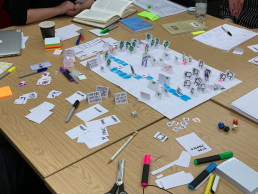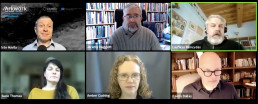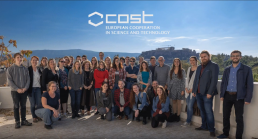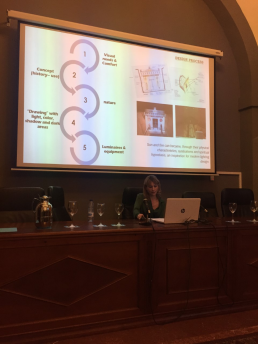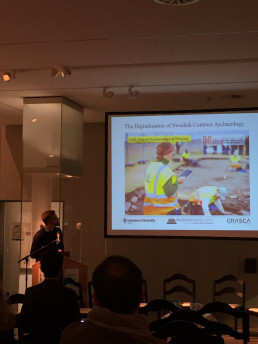COST-ARKWORK event feedback summary report published
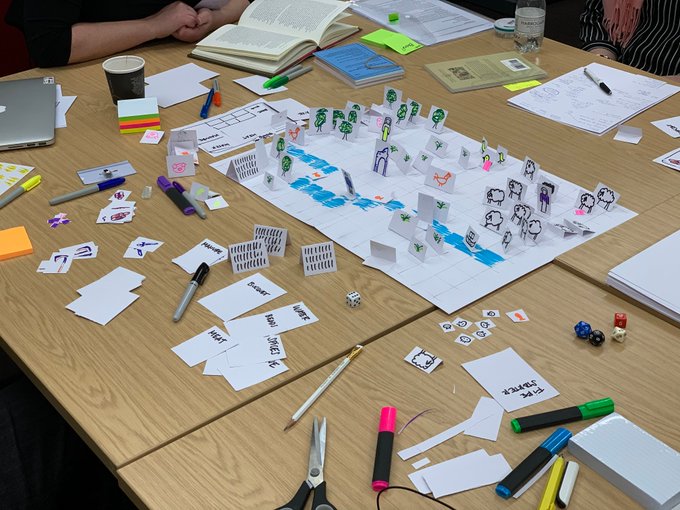
COST-ARKWORK collected feedback from all events organised throughout the action. The response was largely extremely positive and the participants and action members appreciated a lot the events and their programme. More information on the results including quotes from action participants can be found in the published report COST-ARKWORK Summary of event feedback.
Final conference materials online
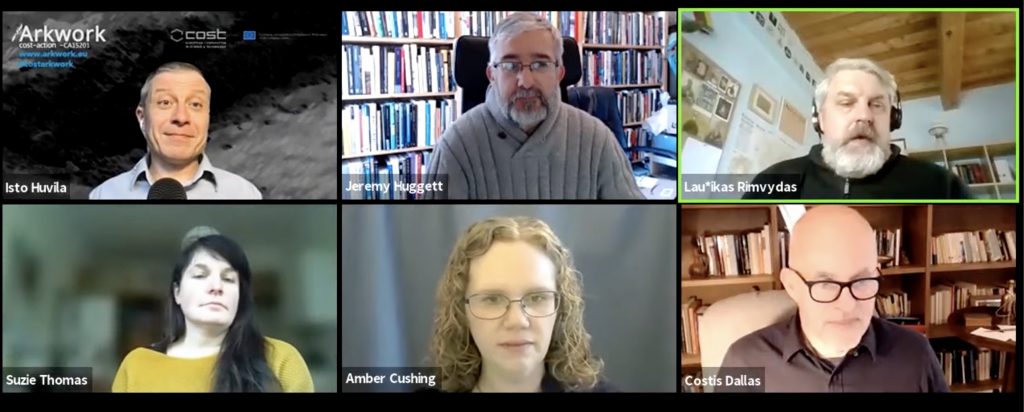
Recordings and slides from the Final Conference (Feb 10, 2021) are available on the conference webpage at https://arkwork.eu/activity/final-conference/
COST-ARKWORK Final Conference
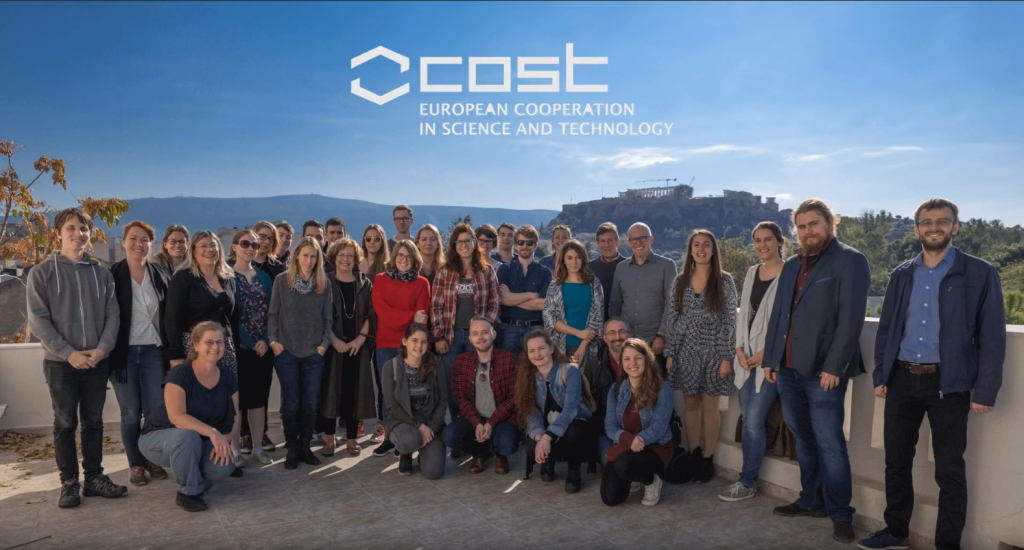
COST-ARKWORK is a network funded by the COST scheme that brings together the multidisciplinary work of researchers of archaeological practices in the field of archaeological knowledge production and use. The aim of the network is to make a major push forward in the current state-of-the-art in knowing how archaeological knowledge is produced, how it is used and how to maximise its positive impact in the society. The focus of ARKWORK is on training the next generation of scholars and stakeholders by involving future leaders of research but also high profile experts employed by the industry and public organisations through events and visits to foreign institutions is a key to the longevity of the outcomes.
After four years of intensive work, COST-ARKWORK invites participants to an online final conference on Feb 10, 2021. The programme consists of keynote lectures, showcasing of the work conducted in the network, an industry forum roundtable, and an open forum for presentations of work related to archaeological practices and knowledge work in the digital environment.
More about the conference at the conference web page at https://arkwork.eu/activity/final-conference/
Dispelling Shadows: Light, Built Spaces, and Archaeological Practices

Conference report by Pedro Luengo
On February 20th 2020, the Universidad de Sevilla (Spain), thanks to the support of COST Action CA15201 Archaeological practices and knowledge work in the digital environment, organised a conference on how light analysis have been gradually incorporated to archaeological studies.
Under the title "Dispelling Shadows: Light, Built Spaces, and Archaeological Practices" scholars from Greece, Israel, Spain and Portugal presented their different perspectives on this topic from a multidisciplinary approach. The presenters included architects, archaeologists, art historians, or engineers.

First, the presenters discussed about how digital tools allow now to analyse the ancient management of both sun and artificial light. This is important to better understand historical space and the functions of pieces such as lamps or candles. From this perspective, aesthetic questions such as how the interior lighting evolved, or which kind of activities were developed under such circumstances can be addressed, including an intangible aspect on heritage analysis. Second, light is also a tool for heritage enhancement.

On one hand, monuments are being reshaped by artificial lights giving them a new (touristic) meaning. Only in some cases designers have shown their concern on how this can be used to give a better explanation on the historical or artistic features of the structure. In addition to these aspects, sustainability as a wide term is gaining attention. Proposing sustainable solutions from a environmental perspective seems obvious under current circumstances, but also the concept of sustainable tourism is relevant here. While the monuments might promote a spectacular image of the city, this must be done as part of a process of promotion on local societies.

Archaeological remains must be first part of current societies, and as a consequence, a touristic attraction. Finally, heritage lighting also affects museum displays since they have to balance historical explanation with current accessibility requirements. As conclusion, the importance of a scientific and multidisciplinary approach to light in archaeology was reinforced. Previous initiatives, mainly based on personal taste, must be turned to deeper proposals which underline both preserved heritage and its intangible features.
Call for submissions: COST-ARKWORK Final Conference
After four years of intensive work, COST-ARKWORK invites participants to a final conference on Sept 2-3, 2020 in Zagreb, Croatia. The programme consists of keynote lectures, showcasing of the work conducted in the network, an half-day industry forum for practitioners relating focussing on the impact of artificial intelligence and big data on archaeological practices, and an open forum for presentations of work related to archaeological practices and knowoldge work in the digital environment.
As a part of the final conference, COST-ARKWORK network organises an open session for short presentations of work related to archaeological practices and knowledge work in the digital environment. Call for papers for the session is open at https://arkwork.eu/activity/final-conference/
Update April 13, 2020: The conference organisers are aware of the current situation relating to the global pandemic. As of today, COST-ARKWORK is committed to organising the conference as planned in September. The situation will be evaluated on July 15 and if necessary, by that date decisions will be made on any special arrangements that will be necessary to help all accepted authors and other participants to attend the meeting and present their work -- including arrangements to present even if attending a conference in person in Zagreb would not be an option because of travel restrictions.
Industry forum: Collaboration in archaeology and heritage: new opportunities in tech
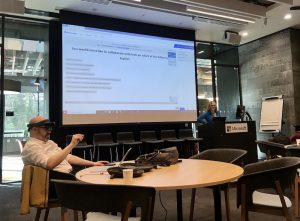
The industry forum provided an opportunity for those interested in heritage to learn about tech collaborations and also allows for networking opportunities. The industry forum was hosted by Microsoft Ireland and organised by the COST ARKWORK COST Action in collaboration with UCD School Of Information And Communication Studies (ICS).
An invited keynote expert talk was held by Mr. Tim Keefe, Head of Digital at the Chester Beatty Museum in Dublin, Ireland.
Schedule
Thursday 16 January 2020
10am-10:30am Registration (tea and coffee)
10:30am-11:30am Keynote
Tim Keefe, Head of Digital at Chester Beatty Museum
11:30-1pm Experiences with collaboration in different environments
This session will provide an opportunity for attendees to learn about different collaborative experiences available. It will involve a panel that will speak about their collaborative experiences and their lessons learned from the experience.
1pm-2pm Lunch
2pm-3:30pm Funding collaborative work in technology, archaeology, and heritage
This session will provide information about how to fund collaborative projects from grantors/funders as well as how different industries go about funding external collaborative work.
3:30-4pm Break (tea and coffee)
4pm-5pm Heritage collaboration opportunities with Microsoft
This session will include invited speakers from Microsoft Ireland, our host.
Friday 17 January 2020
10am-10:30am Registration (tea and coffee)
10:30am-12:00pm Providing feedback: interactive data collection about tech collaboration
This session will allow participants to engage in discussions about collaborative experiences.
12-1:30pm Brainstorming new avenues for collaboration with tech the archaeology and heritage sector
Using an open format, this session will allow attendees to brainstorm potential avenues for collaboration in the heritage sector. it will allow attendees to network with each other about potential future projects. Discussions can continue over lunch.
1pm-2pm Lunch
Industry forum on contract archaeology
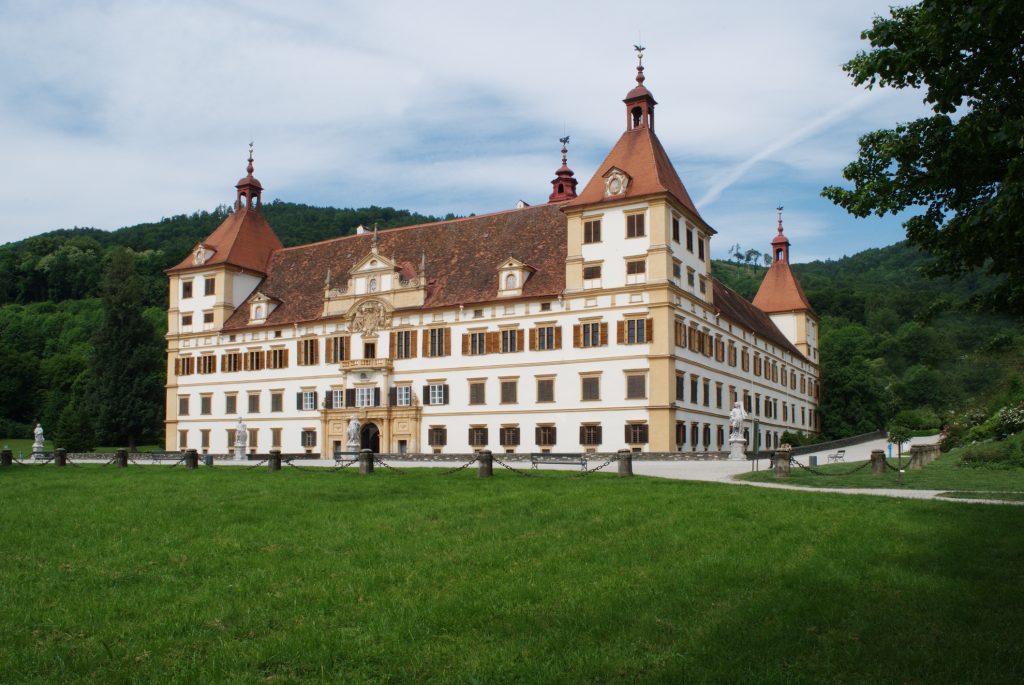
The first COST-ARKWORK Industry forum organised in Graz Jan 17-18, 2019 brought together contract archaeologists and policy makers from countries all over Europe. The principal goal of the forum was to further the exchange between contract archaeologists and policy makers. With this goal in mind, the forum incorporated several discussion sessions in small groups and a whole afternoon dedicated to the policy maker panel, where the policy makers of 9 European countries discussed the backgrounds and differences of their policies.
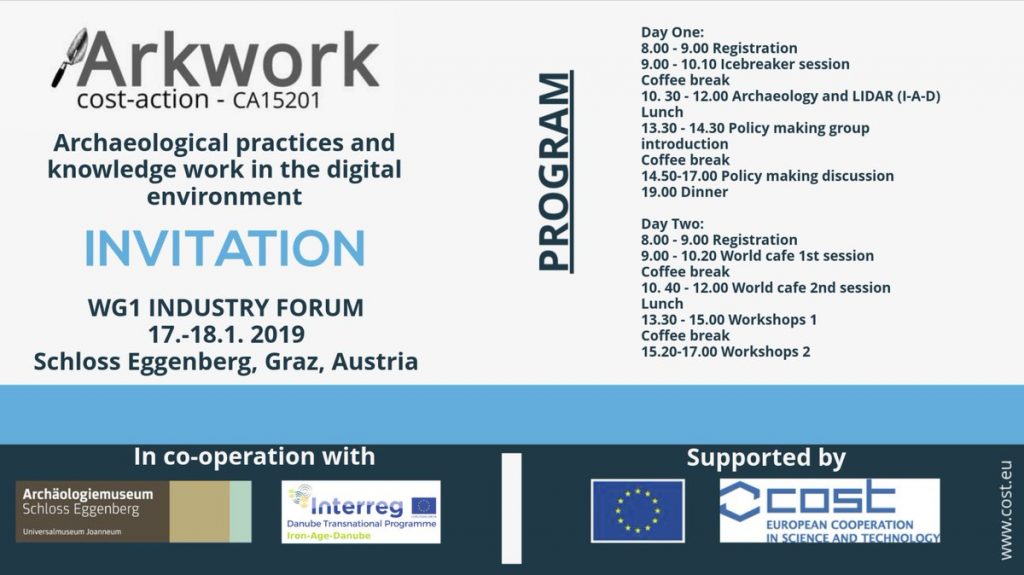
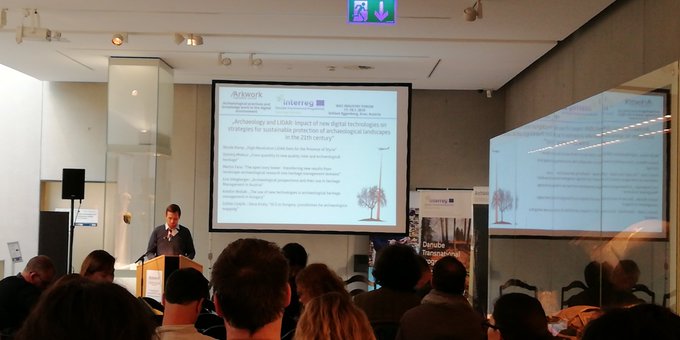
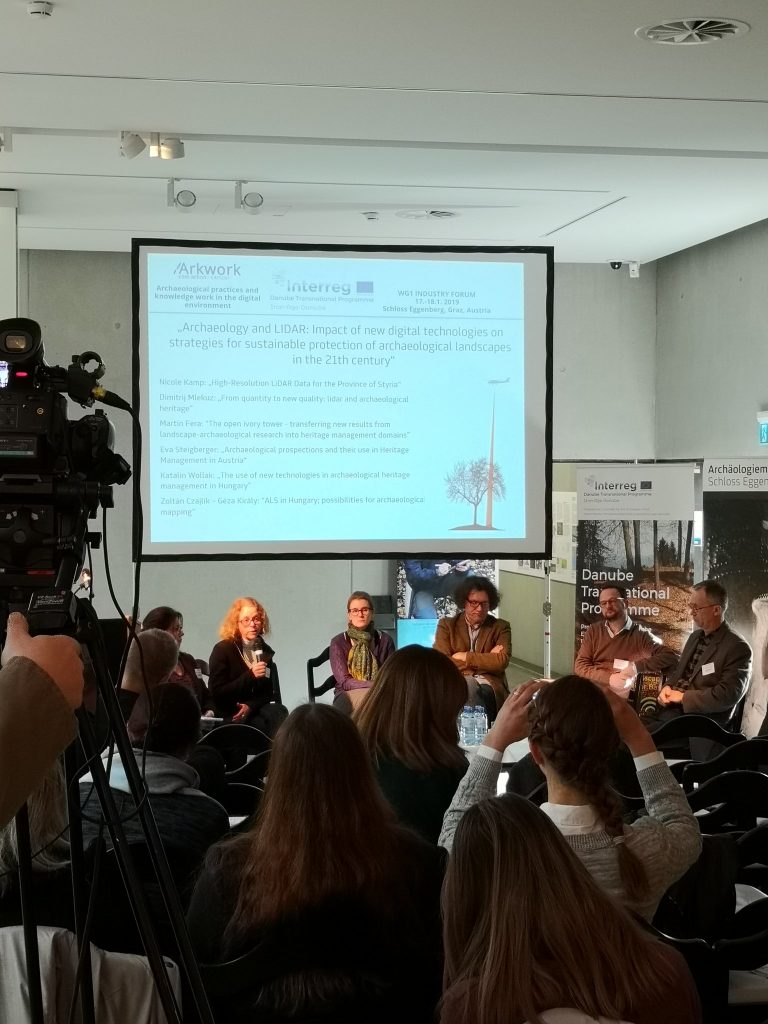
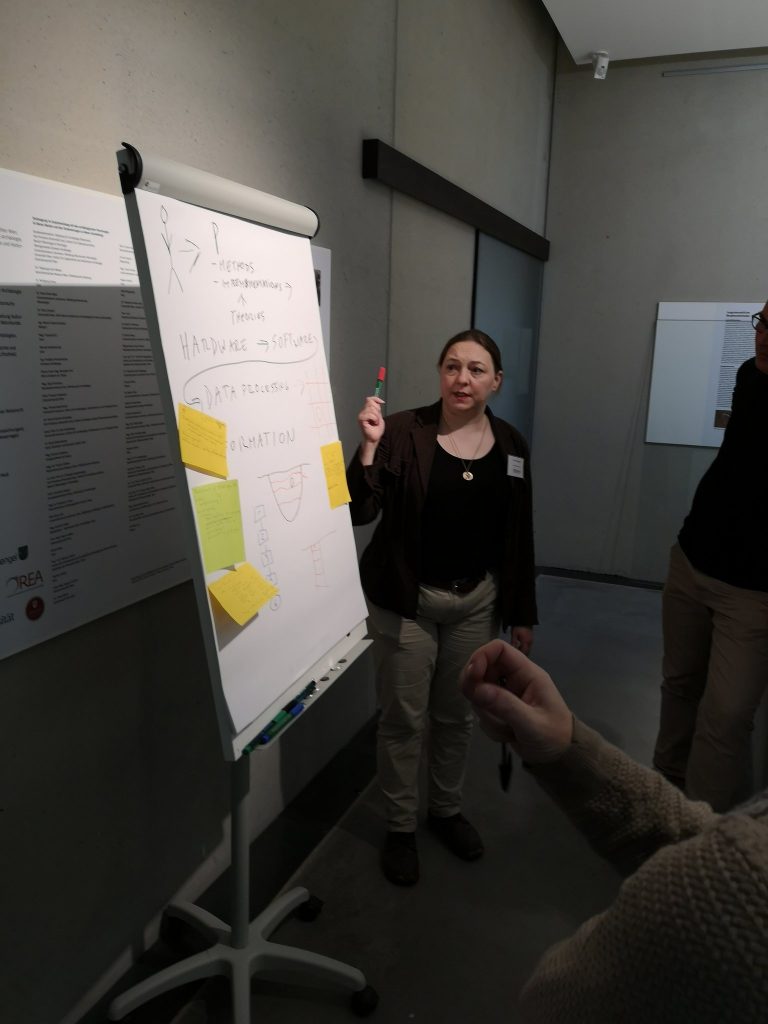
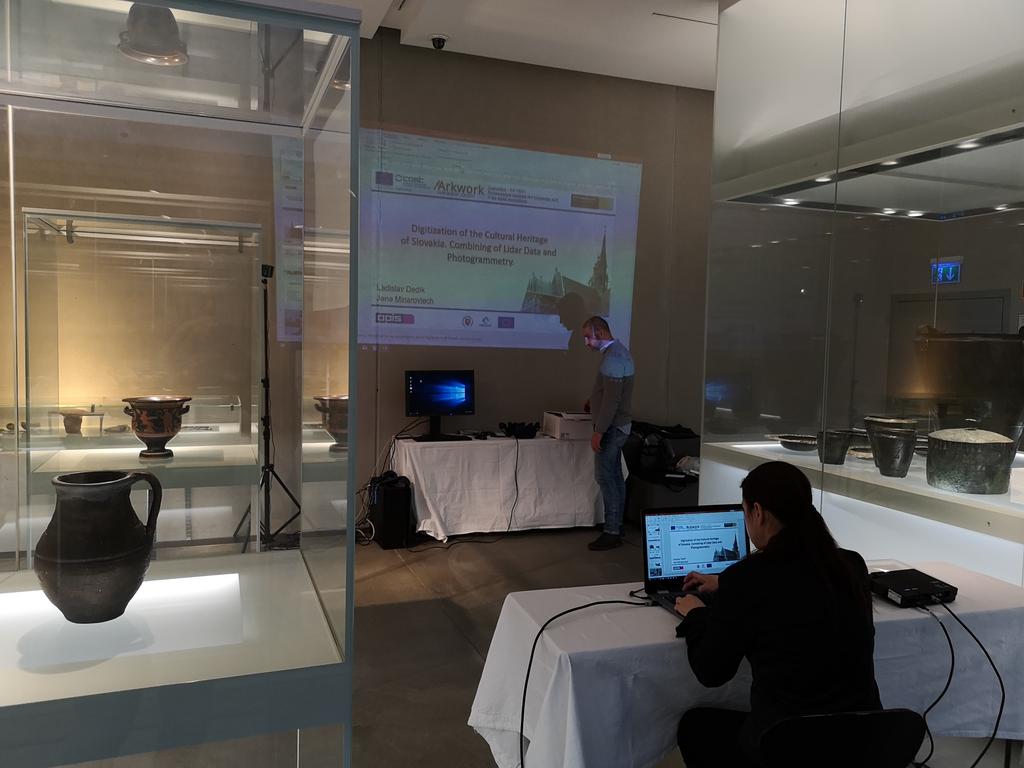
Call for Papers: On shifting grounds – the study of archaeological practices in a changing world
COST-ARKWORK is organising a conference On shifting grounds – the study of archaeological practices in a changing world in Oct 3-5, 2019 in Rethymno, Crete, Greece on the impact of the changes in the circumstances of the practices of archaeology on the methods used for studying those practices
Call for papers to the conference with a deadline on April 1, 2019 can be found at https://arkwork.eu/activity/on-shifting-grounds/
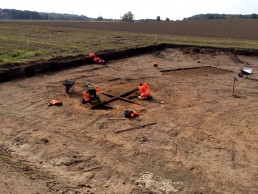
COST-ARKWORK at EUROMED2018
COST-ARKWORK is participating at the COST workshop How to overcome the fragmentation in Cultural Heritage research and funding in the context of Horizon Europe?at the 2018 EUROMED conference in Nicosia, Cyprus.
Also Agnieszka Kaliszewska, a COST-ARKWORK ITC grantee from the Polish Academy of Sciences is presenting at the conference a paper Non-invasive Investigation and Documentation in the Bieliński Palace in Otwock Wielkidiscussing and reflecting archaeological practices and knowledge work at the Bieliński Palace site in Poland in her presentation.
25 trainees at COST-ARKWORK Training School in Sarajevo
The WG2 training school took place between 17-21st September, 2018 in Sarajevo. The training school was hosted and organized by Meliha Handzic in cooperation with WG2 leader Gisli Palsson (pictured) at the International Burch University, and included trainers and guest speakers recruited both locally and across Europe. The programme took a broad approach to the issues at stake in managing archaeological datasets. Furthermore, one trainer coached the attendees specifically in how to prepare project proposals, building on projects that attendees had ongoing.
Invited scholars from the COST Action, as well as from Bosnia’s heritage and archaeological communities presented case studies reflecting on insights and experience gained in digital documentation and curation practices. These case studies were supplemented by hands-on workshops aimed at developing practical skills, including training in topic modelling, metadata analysis, PostGIS data storage and spatial analysis, and statistical analysis using R. As the week progressed, trainees were introduced to more theoretical perspectives on the social and political contexts in which archaeological knowledge is produced, with a keynote lecture by Prof. Isto Huvila and a discussion panel between all of the trainers. Field trips throughout the week offered students the opportunity to understand Sarajevo’s complex history and pivotal geopolitical role, and an opportunity to see many of the issues discussed in the classroom applied to present-day museological practice.Written by Gísli Palsson

